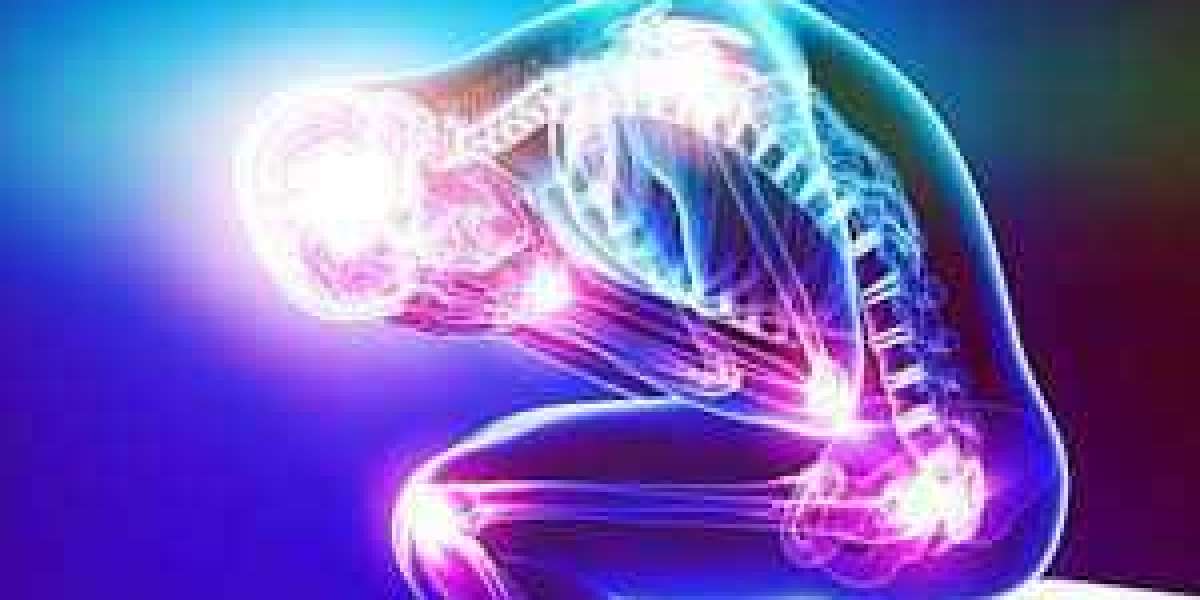In the quest for effective weight loss solutions, vitamin therapy has emerged as a promising option. This approach leverages the power of essential vitamins to enhance metabolism, boost energy levels, and support overall health, aiding in weight loss efforts. This article will explore the various vitamins that can play a crucial role in weight management, the science behind vitamin therapy, and practical ways to incorporate these vitamins into your daily routine.
Understanding Vitamin Therapy
Vitamin therapy involves the strategic use of vitamins to address specific health concerns. For weight loss, this approach focuses on vitamins that influence metabolism, energy production, and fat oxidation. While vitamins alone are not a magic bullet for weight loss, they can significantly support your efforts when combined with a balanced diet and regular exercise.
The Role of Vitamins in Weight Loss
Vitamins are organic compounds that are vital for various bodily functions. They play a key role in metabolic processes, energy production, and the breakdown of fats and carbohydrates. Here's a closer look at some essential vitamins and their roles in weight management:
1. Vitamin B Complex
The B vitamins, including B1 (thiamine), B2 (riboflavin), B3 (niacin), B5 (pantothenic acid), B6 (pyridoxine), B7 (biotin), B9 (folate), and B12 (cobalamin), are crucial for metabolic function. They help convert food into energy and support the nervous system. For example, vitamin B12 is essential for red blood cell formation and energy production, making it a popular supplement for those looking to boost their metabolism and energy levels.
2. Vitamin D
Vitamin D, often known as the "sunshine vitamin," is essential for bone health, immune function, and mood regulation. Recent studies have also linked vitamin D deficiency to weight gain and obesity. Adequate levels of vitamin D can improve muscle function and support fat loss, making it an important component of any weight loss plan.
3. Vitamin C
Vitamin C is a powerful antioxidant that supports the immune system and enhances the absorption of iron from plant-based foods. It also plays a role in the production of carnitine, a molecule that helps the body convert fat into energy. By boosting fat oxidation, vitamin C can aid in weight loss and improve overall health.
4. Vitamin E
Vitamin E is another potent antioxidant that protects cells from oxidative stress. It also supports immune function and skin health. While its direct impact on weight loss is still under study, vitamin E's role in reducing inflammation and improving overall health makes it a valuable addition to a weight loss regimen.
5. Vitamin A
Vitamin A is essential for vision, immune function, and cellular growth. It also plays a role in fat metabolism. By regulating the genes involved in fat storage and breakdown, vitamin A can help maintain a healthy weight. It's important to balance vitamin A intake, as both deficiency and excess can lead to health issues.
How to Incorporate Vitamins into Your Weight Loss Plan
1. Balanced Diet
The best way to get your vitamins is through a balanced diet rich in fruits, vegetables, lean proteins, and whole grains. Foods like citrus fruits, leafy greens, nuts, seeds, and lean meats are excellent sources of essential vitamins.
2. Supplements
If you're not getting enough vitamins from your diet, supplements can be a helpful addition. Consult with a healthcare provider before starting any new supplement regimen to ensure it's safe and appropriate for your individual needs.
3. Sun Exposure
For vitamin D, spending time in sunlight is crucial. Aim for about 10-30 minutes of midday sun exposure several times a week, depending on your skin type and location. During the winter months or in areas with limited sunlight, vitamin D supplements can help maintain adequate levels.
4. Regular Exercise
Exercise enhances the body's ability to utilize vitamins effectively. Regular physical activity boosts metabolism, increases muscle mass, and improves overall health, making it easier for your body to manage weight.
5. Stay Hydrated
Proper hydration is essential for vitamin absorption and overall metabolic function. Drinking plenty of water throughout the day helps transport nutrients and supports various bodily functions.
Potential Risks and Considerations
While vitamins are generally safe when consumed in recommended amounts, excessive intake can lead to toxicity and adverse health effects. Fat-soluble vitamins (A, D, E, and K) are particularly risky when taken in large doses because they can accumulate in the body's fat stores. Always follow recommended dietary allowances and consult with a healthcare professional before making significant changes to your vitamin intake.
Conclusion
Vitamin therapy can be a valuable component of a comprehensive weight loss strategy. By ensuring adequate intake of essential vitamins, you can support your metabolism, boost energy levels, and improve overall health, making it easier to achieve and maintain a healthy weight. Remember, the key to successful weight loss lies in a balanced approach that includes a nutritious diet, regular exercise, and a mindful lifestyle. With the right combination of these elements, vitamin therapy can help you on your journey to better health and weight management.







